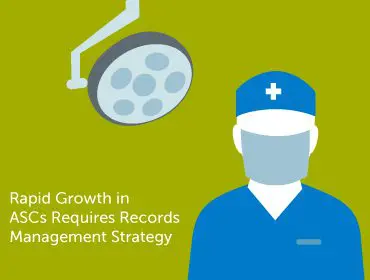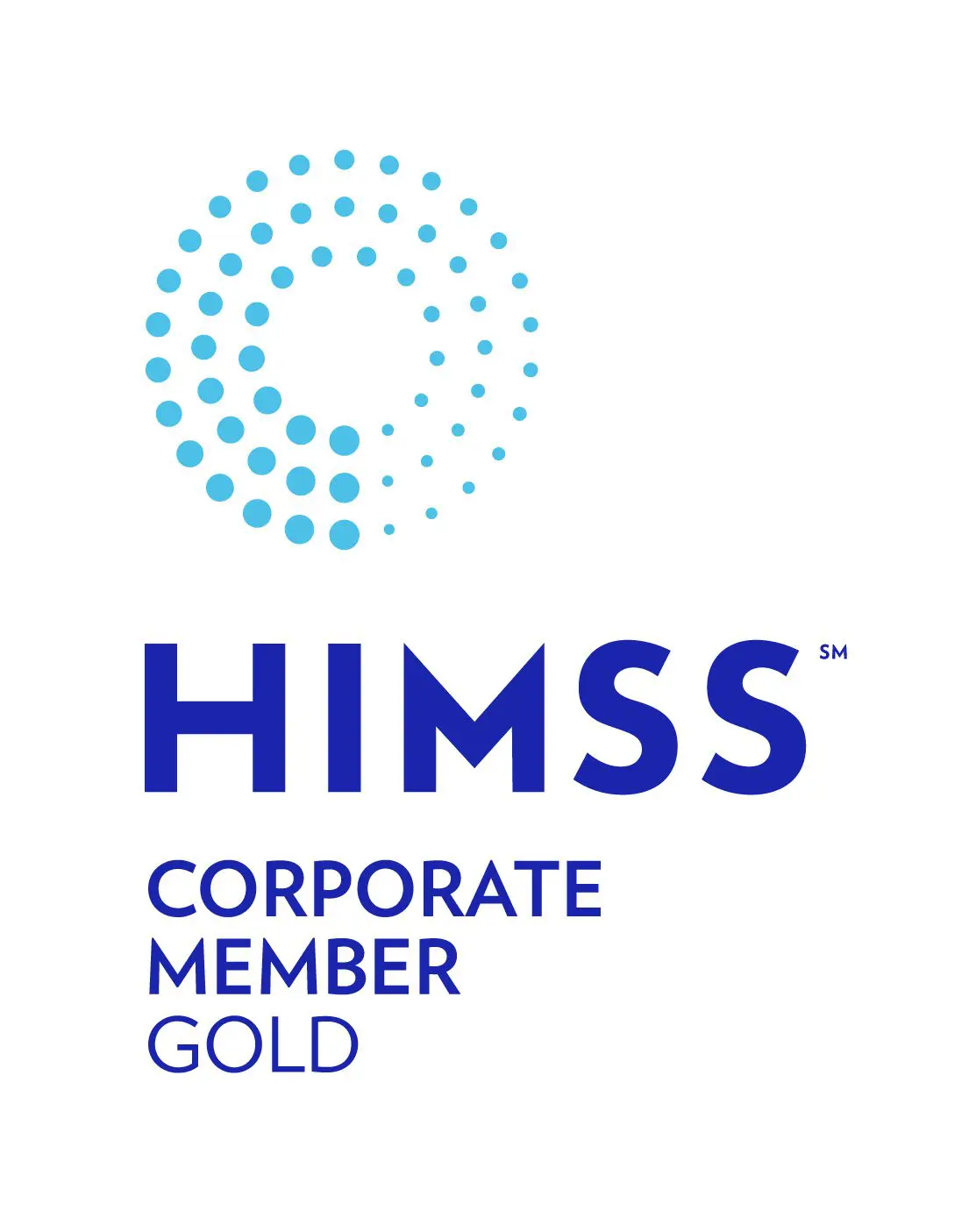
As Newsweek states: Ambulatory surgical centers have a big part of American medicine. The publication recently published a list of “America’s Best Ambulatory Surgical Centers” that spotlights just under 500 of the 5,000+ Medicare-certified centers in the U.S. These specialty centers are performing orthopedic surgery, cardiac surgery, eye surgery, spinal surgery and more that used to be conducted only in a hospital setting.
Ambulatory Surgery Centers (ASCs) are transforming healthcare delivery by focusing on lower risk procedures in a more convenient setting. ASCs can offer surgical procedures at rates 35-50% lower than hospitals. In fact, less than 1/3 of the 2.4 billion procedure claims tracked by Definitive Healthcare Group in 2021 came from a hospital facility. The lower cost and increase in chronic diseases have increased the demand for ASCs and point to continued growth for this market segment.
The Ambulatory Surgery Center Market is expected to grow at a significant CAGR of 5.8% from 2022-2027. Even during the height of the pandemic, when elective surgeries were halted, ambulatory centers pivoted to assist acute care hospitals with essential (urgent and emergent) surgeries and procedures which kept this market segment in growth mode.
Many ASCs offer a broad range of services such as hip/knee replacements, dental surgery, gastric bypass, and sometimes even more specialized surgeries that are saving Medicare $1 billion per year, including: eye and ocular adnexa, cardiovascular, nervous system, digestive system surgery and musculoskeletal surgery.
ASCs must comply with Federal and State Regulations
ASCs are highly regulated healthcare facilities. Each ASC must comply with a host of statutes and regulations at both the federal and state levels. These laws cover all aspects of ASCs from their day-to-day operations to how they are paid.
Most ASCs provide care to Medicare beneficiaries and must demonstrate continual compliance with Medicare standards. There are additional federal laws all ASCs must comply with, such as the Health Insurance Portability and Accountability Act (HIPAA). In addition, ASCs must meet specific requirements and obtain a state license in virtually every state. Visit ASCA’s State Law Database for more information on state requirements.
EHRs position ASCs for compliance and future growth and success
There are varying states of EHR adoption and systems within the ASC space. As the ONC states, ASCs are an integral part of the nation’s health care system, but have not been incorporated into federal programs that encourage and incentivize health care information technology (HIT).
There is room for growth for ASCs to integrate EHRs more fully as well as adopt other technology solutions to ensure their competitiveness and long-term success.
The ONC further comments: When standards are set, the Healthcare Information Management Society (HIMSS) stages of EHR adoption will elevate quickly and vendor innovation for the ASC setting will thrive.
ASC-specific EHRs support success with right size, right features
The Ambulatory Medical Record (AMR) is an electronically-stored file of a patient’s outpatient medical records, which includes all surgeries and care that do not involve being admitted to a hospital. An AMR and electronic medical record (EMR) are similar and need to be accessible by doctors and other medical professionals to allow a physician to view a patient’s complete and accurate medical history. There are some EHRs that are specially designed to support ASCs, such as (EMR) Software, an all-inclusive EMR solution used by community hospitals, retail clinics, and academic medical centers.
“If a surgery center plans to buy a new EMR, then they should review it carefully and have an ASC nurse look at it,” says Debra L. Stinchcomb, MBA, BSN, RN, CASC, senior consultant, Progressive Surgical Solutions of Fayetteville, AR. “You don’t want to buy a practice management product or hospital product. Get an ASC product. As a friend told me: “Putting a hospital EMR system in an ASC is like shooting a butterfly with a cannonball.”
ASC legacy data management requires strategy, planning and executional excellence
As ASCs continue to handle more and more surgeries and generate accompanying medical records, there likely will be EHR system replacements to better meet the needs of the organization. When this happens, there will be numerous applications that will be sidelined that still house pertinent patient, financial and business records that need to be retained for years to come to meet regulatory guidelines.
If your ASC is in the process of an EHR system replacement, your legacy data management strategy should be a key step in your planning. Check out this whitepaper for key considerations, such as:
- Data retention exposures when a system is replaced
- Strategies for managing legacy data when a system is replaced
- The benefits of data archiving to satisfy retention requirements
Harmony Healthcare IT is ranked number one as the top Data Archiving, Data Extraction and Migration company according to Black Book™ Rankings, a division of Black Book™ Market Research. We’ve earned this ranking for three years in a row. It underscores our commitment and keeps patient, employee, and business records accessible, usable, interoperable, secure, and compliant.
For more information on options for managing legacy patient or employee data after system replacement, contact us.






